Leigh MacMillan
-
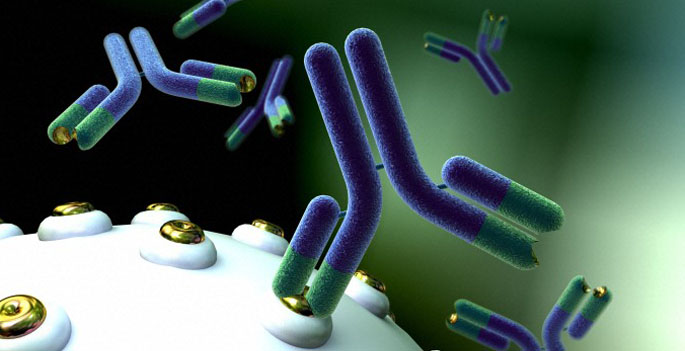
Long antibodies better against HIV
Understanding how antibodies with long “loops” form may be important for HIV vaccine development. Read MoreJul 19, 2012
-
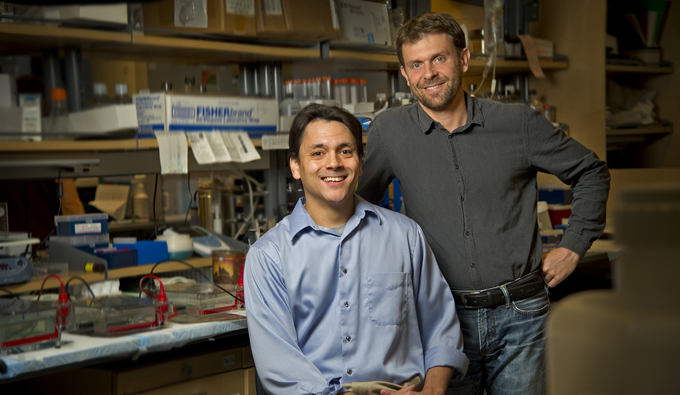
VU study finds stress fuels breast cancer metastasis to bone
Stress can promote breast cancer cell colonization of bone, Vanderbilt Center for Bone Biology investigators have discovered. Read MoreJul 18, 2012
-

Insights for neuroscience drug discovery
When discovering drugs for brain disorders, it’s important to test the candidates in multiple ways to avoid advancing those with restricted physiological effects. Read MoreJul 17, 2012
-

Receptor’s role in nutrition brain circuitry
New findings point to brain circuitry that communicates about the body’s nutritional status and regulates how nutrients are mobilized. Read MoreJul 3, 2012
-
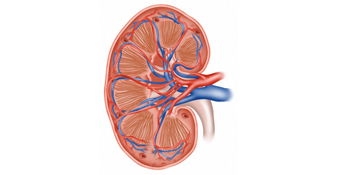
Low oxygen could protect sick kidneys
Low oxygen – and the activation of factors that respond to this situation – may be protective in chronic kidney disease. Read MoreJun 28, 2012
-
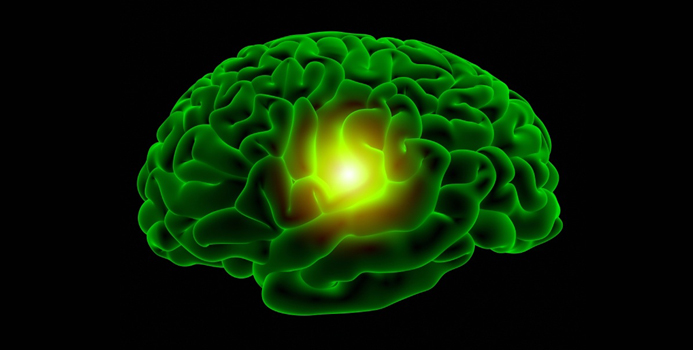
Roots of childhood brain tumors
Cells in the back of the developing brain can give rise to brain tumors, suggesting they may be a target for treatment. Read MoreJun 14, 2012
-

DNA: From modification to mutation
Understanding how an environmental hazard damages DNA may shed light on processes of tumor formation. Read MoreJun 8, 2012
-

Alzheimer’s protein structure suggests new treatment directions
The molecular structure of a protein involved in Alzheimer’s disease – and the surprising discovery that it binds cholesterol – could lead to new therapeutics for the memory-robbing disease. Read MoreMay 31, 2012
-
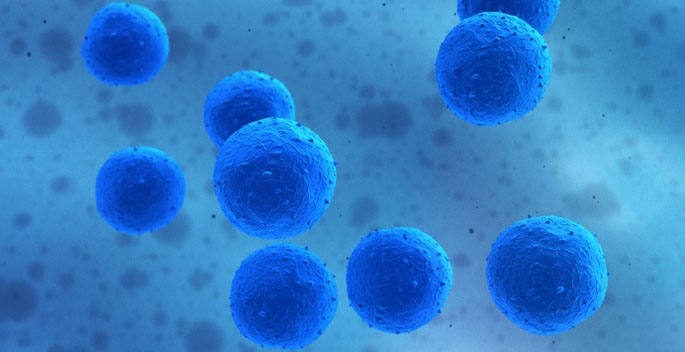
Long live the therapeutic stem cells
Enhancing stem cell survival is key to improving cell-based therapies for regenerative medicine, and a new drug could help. Read MoreMay 17, 2012
-
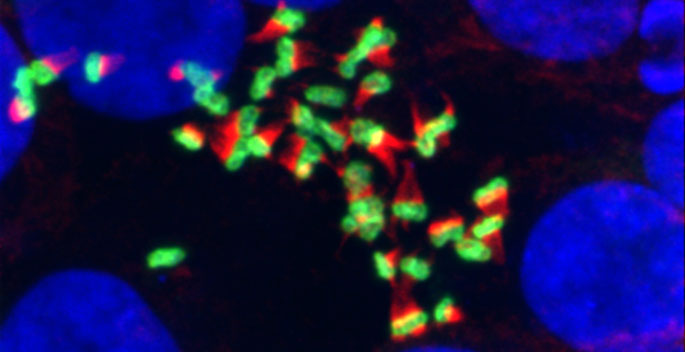
Intestinal artillery launches anti-bacterial attack
The epithelial cells that line the intestines have a newly discovered mechanism for protecting us against microbes: they fire anti-bacterial "bullets" into the gut. Read MoreMay 14, 2012
-
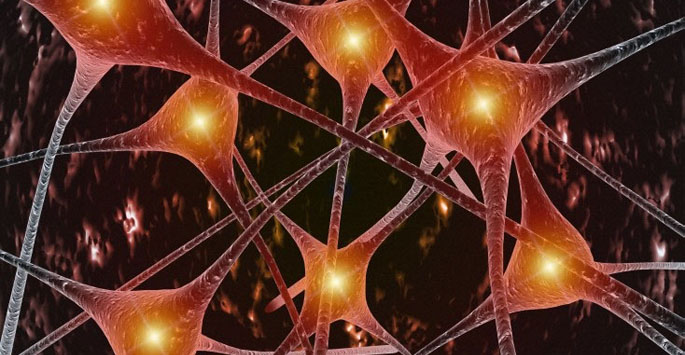
Probing epilepsy’s molecular sparks
Understanding how mutations in neuronal receptors contribute to epilepsy could lead to improved therapies. Read MoreMay 10, 2012
-
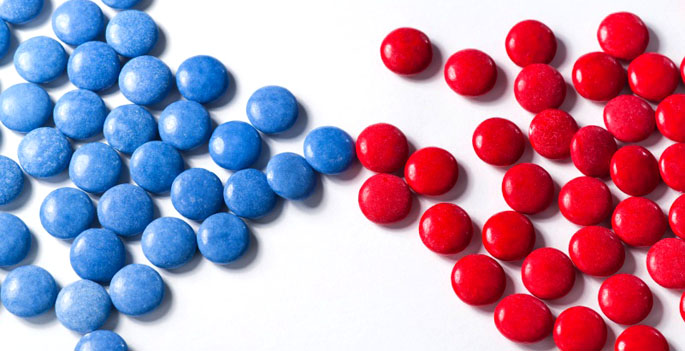
Better blood pressure-reducing drugs?
A newer version of an old class of blood pressure lowering drugs may offer advantages for obese patients with metabolic syndrome. Read MoreApr 30, 2012
-
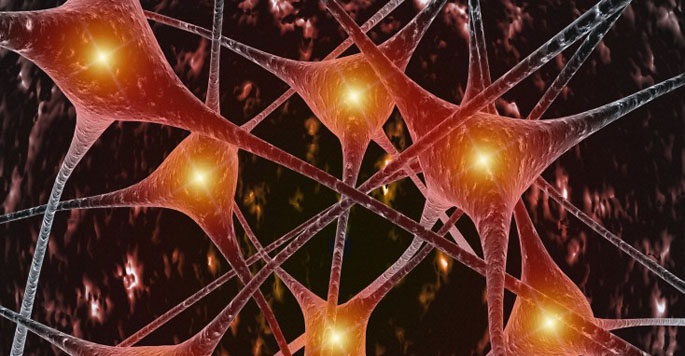
Neuronal clues to cholesterol-defect disorder
Antioxidants may be a beneficial treatment for an inherited genetic disorder. Read MoreApr 20, 2012
-

Pathways to delirium in the ICU
Study suggests that the “kynurenine” biochemical pathway could be a target for reducing delirium and coma in critically ill patients. Read MoreApr 17, 2012
-
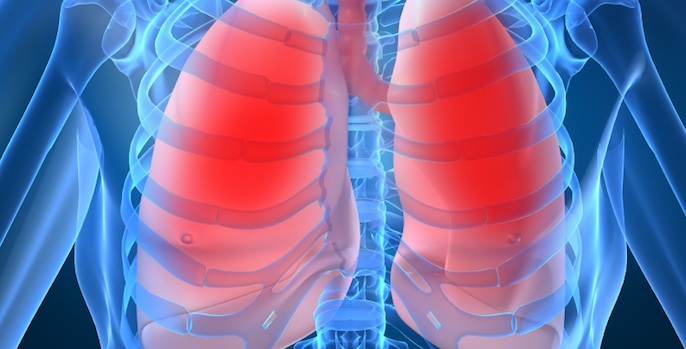
Researchers spot Achilles’ heel in respiratory virus
A new viral protein structure could jump-start vaccine development for two leading causes of lower respiratory disease in children and elderly adults. Read MoreApr 13, 2012
-
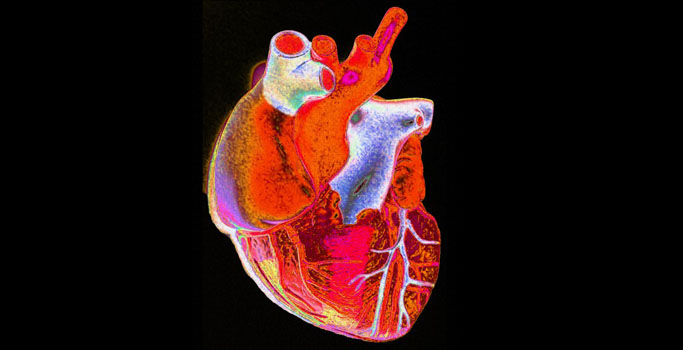
New tool hooks heart failure drugs
A new screening tool – using glowing fish embryos – could identify therapeutics for myocardial hypertrophy and heart failure. Read MoreApr 6, 2012
-

Plant compound quells inflammation
Berberine, an herbal remedy for diarrhea and intestinal parasites, may be an effective treatment for gastrointestinal inflammatory diseases. Read MoreApr 6, 2012
-

Obesity turns “good” cholesterol bad
Studies offer new insights into how obesity impairs the function of HDL, the “good” cholesterol. Read MoreMar 21, 2012
-

iPOND method goes fishing for proteins
A new tool will allow researchers to identify proteins involved in DNA replication and damage repair, processes that go awry in cancer. Read MoreMar 19, 2012
-
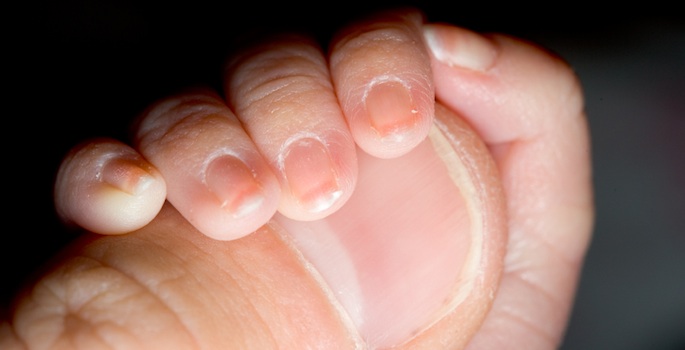
Immune system’s role in prematurity complication studied
Disruptions in immune system regulation may play a role in a deadly complication in premature infants. Read MoreMar 16, 2012